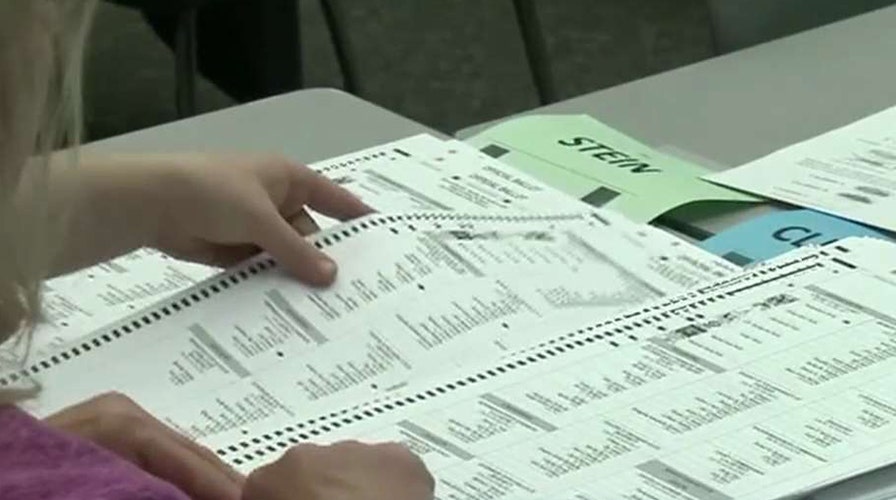At least 31 people in Michigan could face felony charges for voting twice during last November's presidential election.
Chris Thomas, state elections director, said the residents voted twice, first with an absentee ballot and then in person.
Their names were turned over to the attorney general's office for possible prosecution.
Voting twice, or even attempting to do so, is a felony."It's not acceptable," Thomas said.
Fourteen of the 31 were in Detroit. Officials believe Detroit poll workers didn't catch the double votes because they weren't given an updated list of voters who had used an absentee ballot.It's not known which candidate got the votes.
Ballots are anonymous."There are processes in place to stop this. In these 31 cases, they didn't work," Thomas said.
Separately, the state Bureau of Elections said human error, not fraud or equipment failure, caused mismatches between the number of ballots cast in some Detroit precincts and the number of voters.
The agency's investigation followed a partial statewide recount of the presidential race, which raised questions about the safeguarding of ballots in Detroit. A judge stopped the recount after three days, although officials said it would not have changed President Trump's slim victory in Michigan over Hillary Clinton.
Before the recount was halted, there was an attempt to recount ballots in 263 Detroit precincts. But 68 precincts didn't qualify because the number of ballots didn't match the number of people who showed up to vote.
Some ballots, for example, were left in a tub below an electronic tabulator and not transferred to a secure box on election night. In one polling place, there were 300 voters but only 50 properly sealed ballots.
While many precincts couldn't be part of the recount, all ballots cast on Nov. 8 still were part of the final official result.
"There was no pervasive fraud in our audit of Detroit," said state elections director Chris Thomas, who instead cited "widespread performance issues" related to a lack of sufficient training for poll workers.
He said his elections staff looked at 136 precincts and was able to balance the number of ballots and voters in 65 and greatly reduce mismatches in others.
The Associated Press contributed to this report.






















